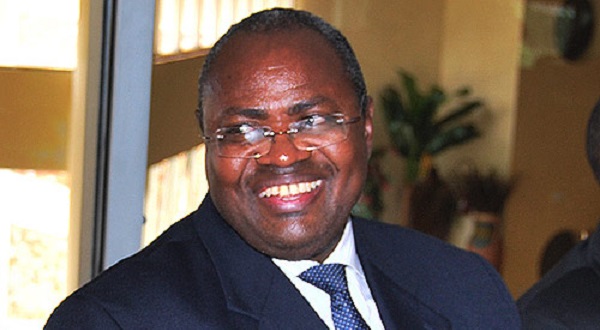
Kampala, Uganda | THE INDEPENDENT | At least sh1.3 trillion is locked up in disputes before the Commercial court, URN has learnt. They include disputes of insurance, banking, and transportation.
Only cases with a value that is more than sh50 million end up before the Commercial Division of High Court. Vincent Mugabo, the Senior Communications Officer of the Judiciary, says the Commercial court has a backlog of 1, 671 cases.
Some of the cases involving huge sums of money include a dispute between Church of Uganda and Land Coin Limited worth sh48 billion. Land Coin accuses the Church of Uganda Board of Trustees for failing to pay consultation fees for valuing church land in Entebbe municipality.
Another matter is the dispute between Bank of Uganda and city businessman, Sudhir Ruparelia and his company, Meera Investments. He accuses BoU of fleecing Crane Bank Shillings 397 billion in fraudulent transactions and transfers during the sale of his Crane Bank to DFCU Bank.
Mugabo, who doubles as the Registrar of the Commercial Division of High Court, says the court hasn’t been able to deliver judgments in most of the cases because of numerous reasons, key among them is under staffing.
The Commercial Division has only five Judges including Justice Billy Kainamura, the Deputy Head of the Commercial Division who is due to retire. According to Mugabo, the court would be able to expedite the cases if government appoints more judges such that the locked up money is freed to return into circulation.
He says unless more judges are appointed, the complainants, banks and citizens will continue incurring economic loses. Speaking at the just concluded judge’s conference, the Principal Judge Yorokamu Bamwine proposed that registrars handle interlocutory reliefs expeditiously to address the case backlog.
Bamwine also proposed reforms such as plea bargaining, mediation and small claims procedure to address the case backlog. The Judiciary has since instituted a committee led by Supreme Court Judge, Richard Buteera to come up with strategies on how the case backlog can be reduced because of government’s failure to provide additional manpower.
****
URN
 The Independent Uganda: You get the Truth we Pay the Price
The Independent Uganda: You get the Truth we Pay the Price



